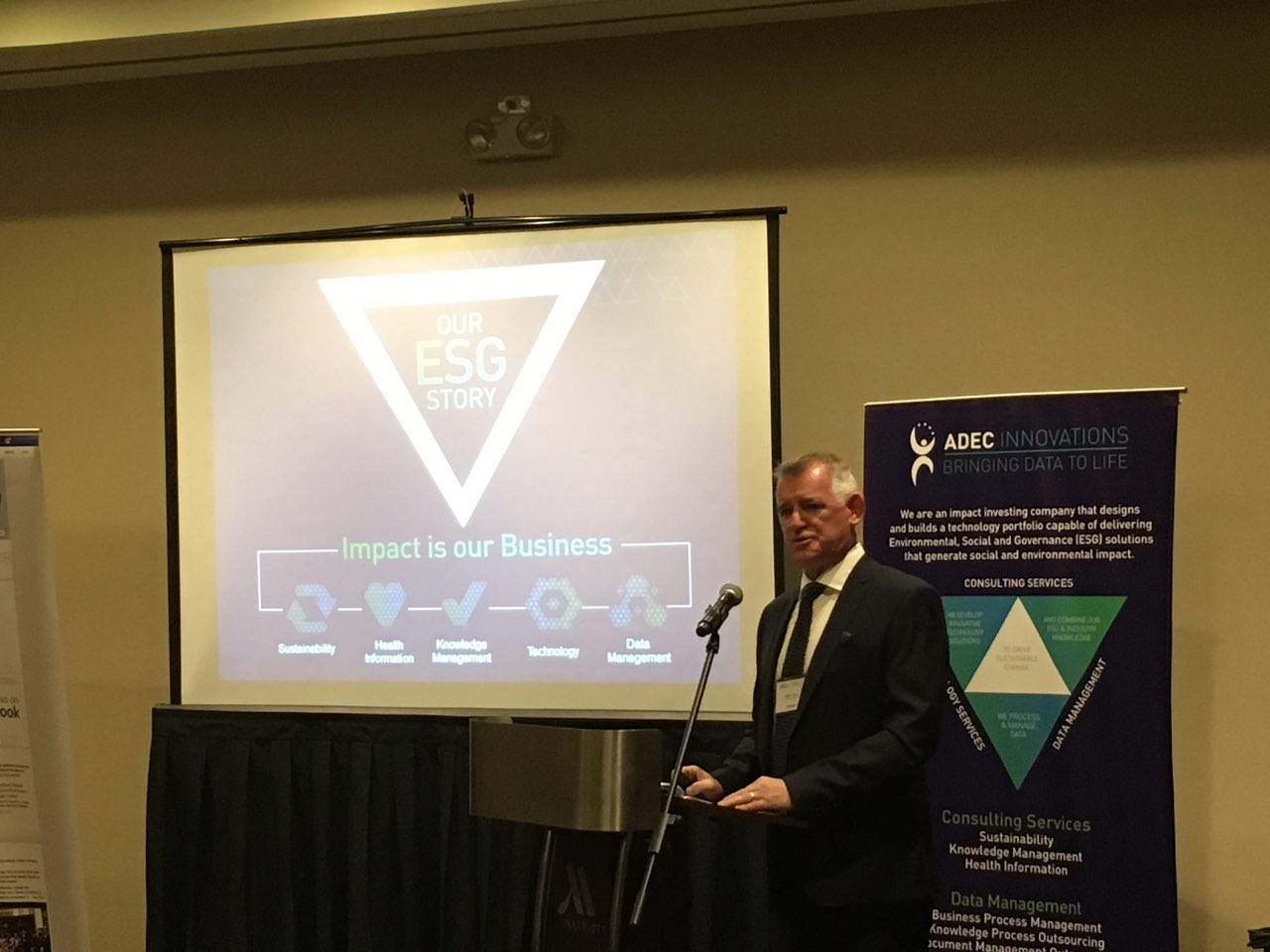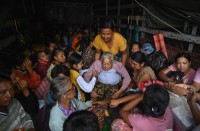Caesar Vallejos
EBC Correspondent
With the theme “Empowering Sustainable Convergence”, the ASEAN Corporate Sustainability Summit and Awards (ACSSA) held at the Manila Marriott Grand Ballroom Hotel last July 21, 2016 urged industry leaders, sustainability practitioners, civil society partners, regional regulators, public sector leaders and aid agencies to converge and become more involved in sustainable development.

One of the event’s speakers, David Young, Chief Operations Officer of impact investing technology company ADEC Innovations, focused on the role of technology and collaboration between stakeholders in achieving the United Nations’ Sustainable Development Goals (SDG).
“The aim of the 17 Sustainable Development Goals, or SDGs, is to help transform our world for the better,” explained, Mr. Young. He added that supporting the SDGs would require world leaders “to promote sustainable resource management not just on a company-wide or national scale, but on a global scale.”
During his presentation, Mr. Young sought to discuss the role that data technologies for sustainable resource management can contribute toward the achievement of SDGs. To illustrate, he cited how SDG 12—“to ensure sustainable consumption and production patterns”—can benefit from product life cycle assessments (LCA). The process relies heavily on accurate data.
LCAs are usually performed by companies to help them improve their products, optimize their processes, manage risks and identify their products’ impact in the environment throughout their life cycle. Mr. Young was empathic in promoting the idea of globally interlinked databases that provide open access to credible information in order to empower global stakeholders to pursue sustainable consumption and production.
Mr. Young admitted that there are challenges for the public sector to create universally linked LCA databases, among which are lack of resources, data management expertise and reliable storage; digitization issues; integration of multiple sources of data; and information security.
Nevertheless, he concluded that overcoming these challenges is possible with the cooperation between public and private organizations and stakeholders, and that cooperation is the logical choice. Mr. Young clarified: “For the public sphere, [collaborating with the private sector] presents an opportunity to promote the public good on a truly global scale. For the private sector, it presents an opportunity to do good while doing good business.”
Mr. Young was joined at the break-out session by another speaker, Mr. Justin Morgan who serves as Country Director of Oxfam Philippines.








